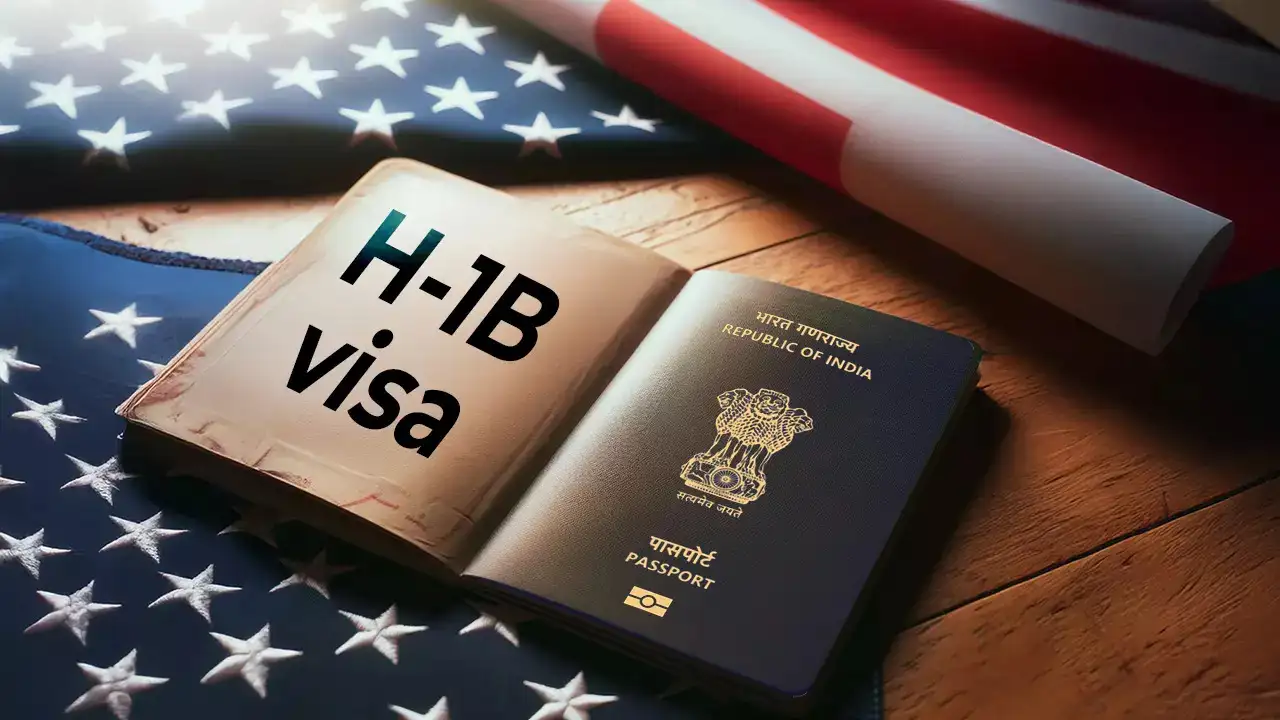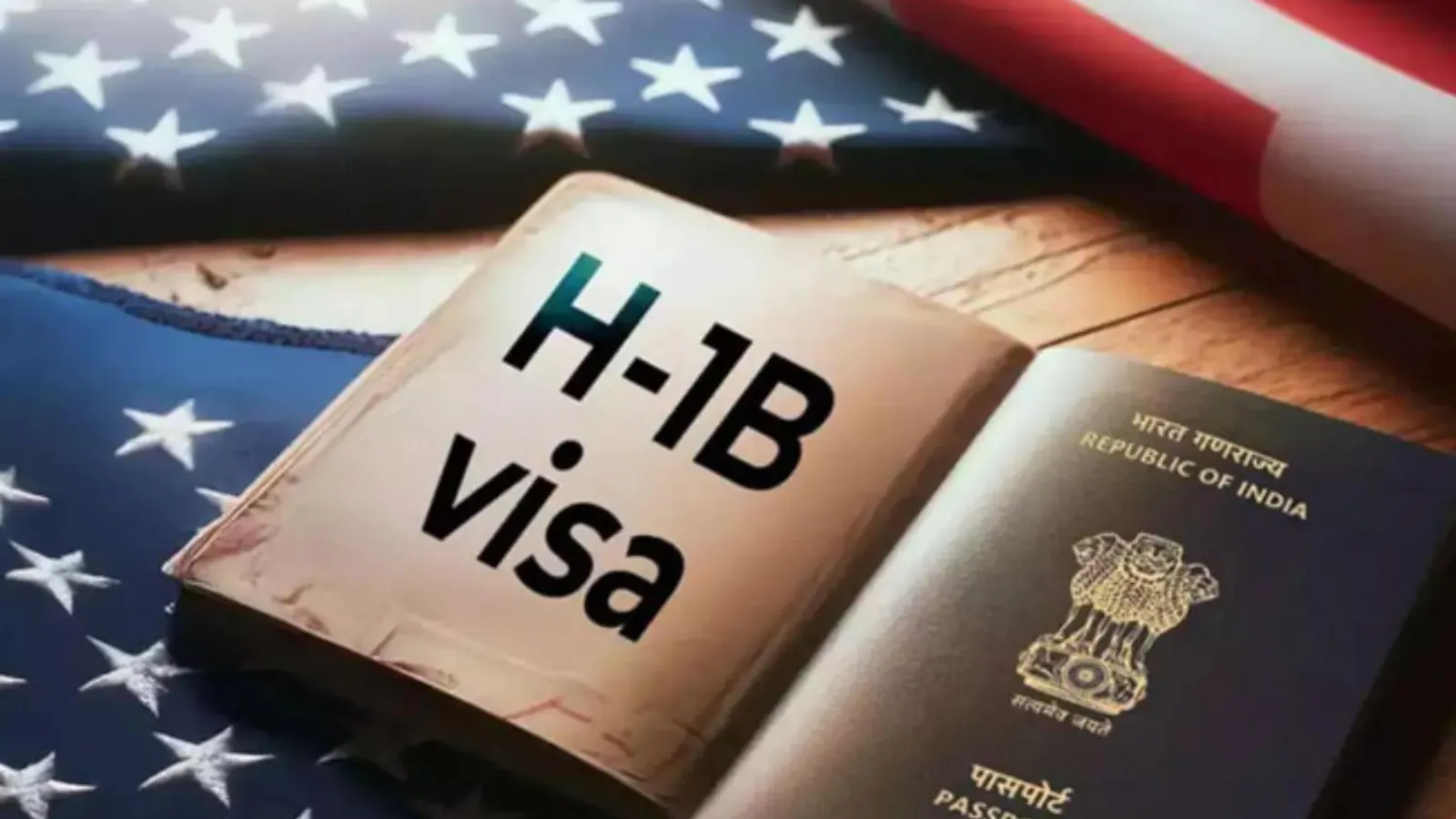By Toi Business Desk
Copyright indiatimes

US President Donald TrumpŌĆÖs move to steeply hike the H-1B visa fees to $100,000 in a bid to create more jobs for Americans may actually end up backfiring! Major Wall Street banks are actually expected to increase their dependence on business support centres in India after TrumpŌĆÖs fee hike for new H-1B visa applications.Despite Trump’s intention to safeguard American employment through immigration restrictions, analysts suggest these new regulations might encourage banks to strengthen their presence in Indian technology centres like Mumbai, Bengaluru and Hyderabad, which currently provide employment to over 1.9 million individuals.H-1B visas, extensively utilised by technology sectors in India and the US for skilled foreign workers, also see significant usage from financial and consulting organisations. During the US fiscal year ending September 2023, Indian nationals constituted 72.3% of total H-1B recipients, which includes both new and renewed employment.Also Read | The $100,000 H-1B gamble: Why Donald TrumpŌĆÖs visa tax wonŌĆÖt save American jobs – winners and losersH-1B Visas: Wall Street Banks May Increase India Talent DependenceAccording to a Bloomberg report, leading American banks, including Citigroup Inc., JPMorgan Chase & Co. and Goldman Sachs Group Inc., are significant employers at India’s global capability centres, which handle various functions from trading assistance and risk assessment to technical support. These centres, employing software engineers, quantitative analysts and accounting professionals, provide cost-effective services whilst offering access to qualified professionals who are scarce in their domestic markets.!function(){“use strict”;window.addEventListener(“message”,function(a){if(void 0!==a.data[“datawrapper-height”]){var e=document.querySelectorAll(“iframe”);for(var t in a.data[“datawrapper-height”])for(var r,i=0;r=e[i];i++)if(r.contentWindow===a.source){var d=a.data[“datawrapper-height”][t]+”px”;r.style.height=d}}})}();US banks maintain substantial presence in this sector, enabling potential work relocation to India to navigate new visa regulations. The workforce numbers are significant: Citigroup maintains 33,000 personnel in India, Bank of America Corp. employs over 27,000, whilst JPMorgan has 10,000 staff.”Unless new restrictions are placed on offshoring, foreign banks will lean even more on their Indian capability centers,” Umesh Chhazzed, founder of recruitment firm Anlage Infotech, who has worked with US lenders for more than two decades was quoted as saying in the Bloomberg report.According to EY data quoted in the report, Global Capability Centres have evolved into a $64 billion industry, showing 9.8% annual growth from 2019 to 2024. These centres are expected to increase from the current 1,700 to approximately 2,500 by 2030, with projected market value reaching $110 billion.”Banks would be calibrating a new strategy for the global capability centers. It appears, there will be onshoring of jobs to India adding new job functions,” said Abizer Diwanji, founder of NeoStart Advisors LLP, a financial advisory firm. “However, none will jump the gun amid evolving situations. They will wait for more clarity,ŌĆØ he was quoted as saying.Also Read | Alternatives to H-1B visas: After fee hike by Trump to $100,000, O1 & L1 visas gain traction; check cost, approval ratesResearch published in the Management Science journal indicates that companies typically respond to skilled immigration restrictions by increasing overseas recruitment. The 2023 study reveals that highly internationalised companies typically employ one overseas worker for each visa application rejection.According to the report, JPMorgan has welcomed the exemption of current H-1B visa holders from the new fee. Sjoerd Leenart, the bank’s Asia-Pacific executive, during a Bloomberg Television interview on Monday indicated that an evaluation of the proposed modifications was premature.According to Parvathy Tharamel, partner at Trilegal law firm, India has established itself as the foundation of global capability centres for international banks, managing essential business, compliance, technology and innovation operations.”The new H-1B restrictions will only accelerate this trend, pushing more cross-border technology and high-value roles into India hubs,” she was quoted as saying.Nevertheless, growth initiatives might be constrained by the possibility of additional US measures affecting banks’ international strategies.



